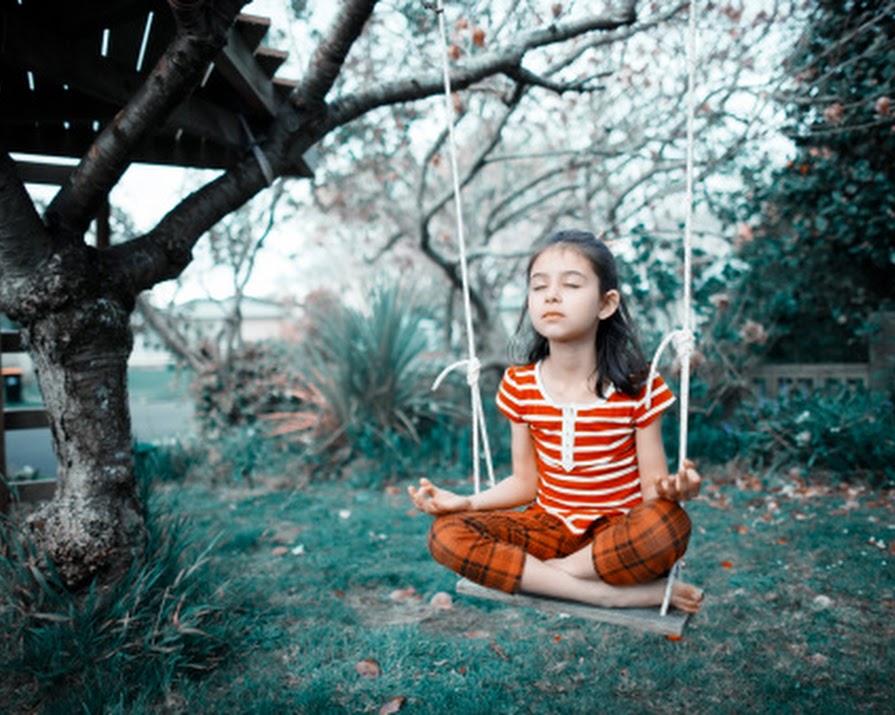
By Niamh ODonoghue
04th Oct 2016
04th Oct 2016
It seems like everyone is updating their schooling methods except us. Traditionally in school, if you were caught using your phone, swearing, or had no homework from the day previous, you were sent on a one-way train to detention-Ville. The hope of this ‘punishment’ was – in an ideal world – that by keeping you (and the unfortunate teacher who was stuck on detention-minding duty) after school hours doing menial work, that it would trigger your moral switch; making you realise that your actions were wrong and that you’d never do it again. More often than not this wasn’t the case, however, and these punishment periods became a breeding ground for rebellious, angry teens which only further aggravated and intensified their hatred for learning. At a time where fewer children are continuing to third-level education, we should be tackling unwarranted behaviour in?ways better suited to today’s younger generations. Mindfulness is a creative way to engage children with their feelings and emotions?and allows them to disconnect from an overly stimulated digital world, and, according to mindfulnessmatters.ie, it even promotes higher levels of self-esteem.
Taking a leaf from other countries books…
The Robert W. Coleman Elementary School, situated in Baltimore, believes that it has designed a solution to children acting out in school: by tackling the child’s?issue through mindfulness, meditation, and talking, rather than confining them to silence in an empty room. And the amazing thing? It’s working. The school is encouraging a practical approach to stress caused by everyday life and is having a profoundly positive effect on the children there. The programme was established by the Holistic Life Foundation, which brings yoga and mindfulness to communities around America. As far back as 2009, English schools also established the Mindfulness in School’s Project?after becoming aware?of the positive impact that mindfulness has towards a child’s?physical and mental wellbeing.
The holistic approach to punishment has produced tangible results too, and since beginning mindfulness, The Robert W. Coleman Elementary School??has had zero incidences of expulsion. It’s clear that mindfulness encourages positive behaviour, so why does our education system continue to lag behind when it comes to our children’s’mentality?
If you would like to get your child or young adult on the road to a healthier outlook on life, why not introduce them to this brilliant book for mindfulness and children.























